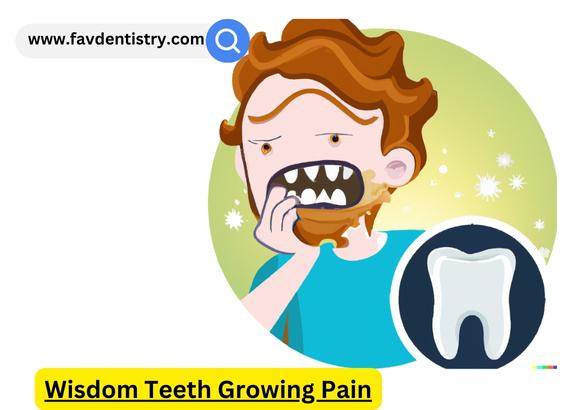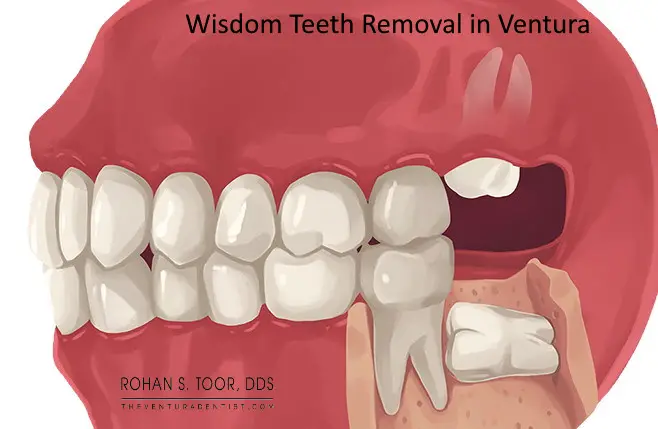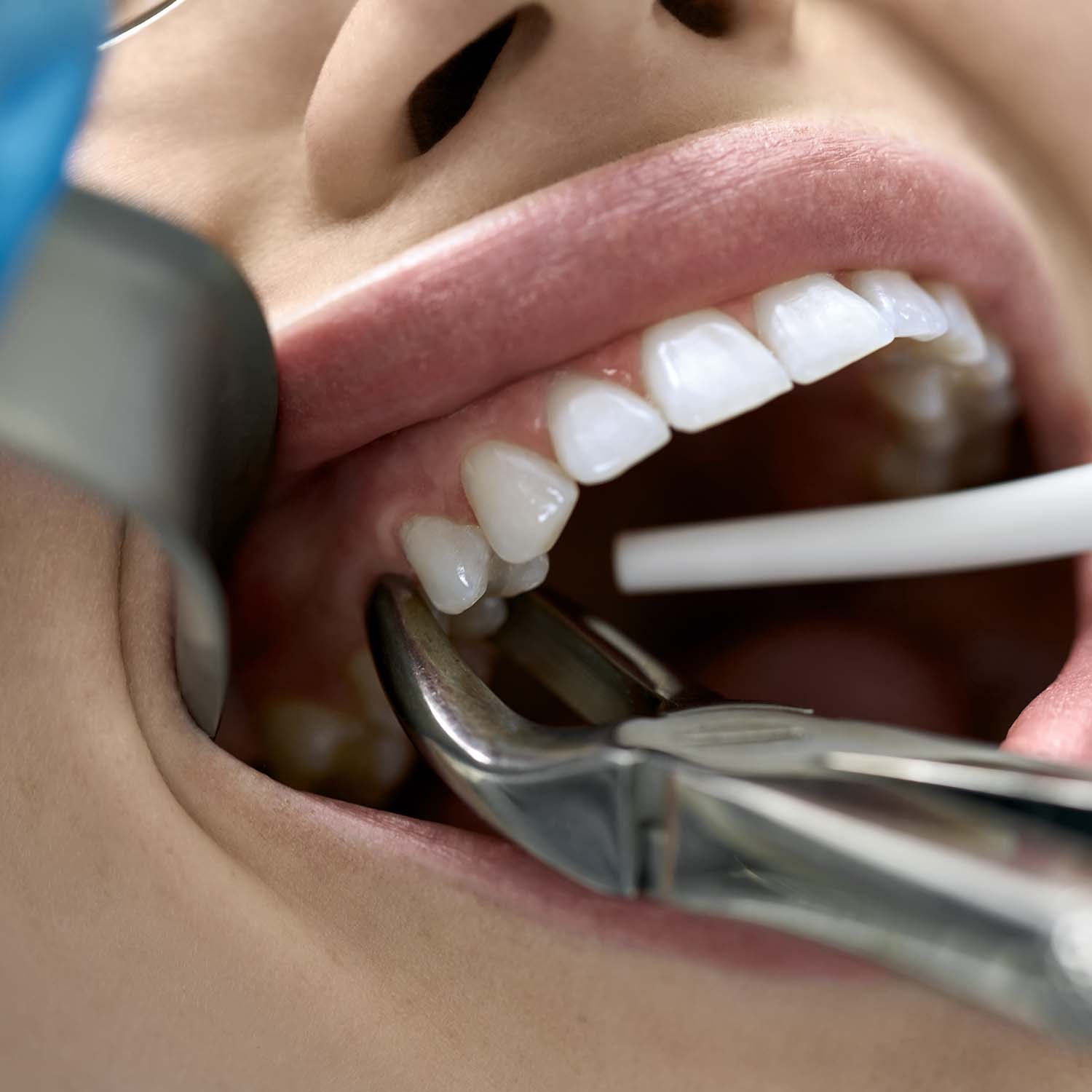Last Updated on 3 weeks by DR. ALBIN SIPES
The pain from growing wisdom teeth can last anywhere from a few days to several weeks. Wisdom teeth commonly emerge between the ages of 17 and 25, and the discomfort can vary from mild to severe.
During the late teenage years or early adulthood, many individuals experience the eruption of their third molars, also known as wisdom teeth. These teeth, located at the back of the mouth, can create pain as they push through the gums and into the existing dental arch.
The duration of wisdom tooth growing pain can vary, lasting anywhere from a few days to a few weeks. The intensity of the discomfort can also vary, with some individuals experiencing mild discomfort while others may have more severe pain. Understanding the potential duration and variability of such pain can help individuals manage their discomfort and seek proper dental care if necessary.
Understanding Wisdom Teeth
Wisdom teeth, also known as third molars, are the last teeth to emerge in the mouth. They usually grow between the ages of 17 and 25. These teeth can cause pain and discomfort when they are coming in, especially if they become impacted.
Impacted wisdom teeth occur when there is not enough space for them to fully emerge. There are different types of impactions, including soft tissue impaction, partial bony impaction, and complete bony impaction. The duration of pain can vary depending on the type of impaction.
Soft tissue impaction may cause discomfort for a few days, while complete bony impaction can lead to ongoing pain. If you experience wisdom tooth pain, it is important to seek advice from a dentist, who can assess the situation and recommend appropriate treatment options.
Symptoms And Causes Of Wisdom Tooth Growing Pain
Wisdom tooth growing pain can be quite uncomfortable and can last for different periods. Common signs and symptoms of wisdom tooth pain include throbbing or shooting pain, swelling, redness, and difficulty opening the mouth. The duration of the pain can vary depending on several factors.
Inflammation and infection can contribute to prolonging the pain, as they can intensify the sensitivity and discomfort. It’s important to note that each individual may experience wisdom tooth pain differently, with some experiencing shorter episodes of pain while others may endure longer periods.
If you are experiencing wisdom tooth pain, it is advisable to consult with a dentist for an accurate diagnosis and appropriate treatment.
How Long Can Wisdom Tooth Growing Pain Last?
Wisdom tooth growing pain can last for varying durations. The average duration of pain is around a few days to a week. However, factors such as the positioning of the tooth, its eruption angle, and the available space in the mouth can influence the length of pain.
Furthermore, the healing process plays a significant role in determining how long the pain will last. As the tooth pushes through the gum tissue and the surrounding area adjusts, discomfort can be expected. It’s important to remember that everyone’s experience is unique, and some individuals may experience wisdom tooth pain for a shorter or longer period.
Proper oral hygiene, including regular brushing and flossing, can help alleviate discomfort during this time. Additionally, over-the-counter pain relievers or prescribed medications may provide temporary relief.
Seeking Relief: Home Remedies And Otc Solutions
Wisdom tooth growing pain can be managed with home remedies and over-the-counter solutions. Natural remedies, like rinsing with warm saltwater, can help ease discomfort. Clove oil and peppermint tea are also known to relieve pain. Over-the-counter medications, such as ibuprofen or acetaminophen, offer temporary relief.
Applying a cold compress on the affected area may reduce swelling. Additionally, maintain oral hygiene by gently brushing the teeth and rinsing with mouthwash. Avoid chewing gum or eating hard foods to prevent further irritation. In conclusion, managing wisdom tooth pain involves natural remedies, otc medications, and practicing good oral hygiene.
Seek professional dental care if the pain persists or worsens.
When To Seek Dental Intervention
Wisdom tooth growing pain can vary in duration and intensity. If you experience severe or prolonged discomfort, it may be time to seek dental intervention. Certain signs indicate a need for professional care, such as swelling, infection, difficulty chewing or opening your mouth, and persistent pain.
Dental professionals use various procedures to manage wisdom tooth pain, including medication to provide temporary relief. However, extraction is often the recommended solution for long-lasting or recurrent pain. This surgical procedure involves removing the impacted wisdom tooth to prevent further complications.
It is essential to consult a dentist or oral surgeon to determine the most appropriate course of action for your specific case. Seeking dental intervention promptly can help alleviate wisdom tooth growing pain and prevent potential oral health issues.
Post-Extraction Care And Recovery
After getting your wisdom tooth extracted, it’s important to take good care of yourself. Recovery time varies, but usually lasts around a week. Take prescribed pain medications and ice the area to reduce swelling. Avoid hard foods and opt for soft, easy-to-chew options.
Rinse your mouth gently with warm saltwater to keep the extraction site clean. It’s normal to experience some discomfort and swelling, but if the pain intensifies or persists, contact your dentist. Potential complications such as dry socket or infection can occur, but can be managed with proper care.
Follow your dentist’s instructions and attend post-extraction check-ups to ensure smooth healing. Recovery is a gradual process, so be patient and prioritize self-care to reduce pain duration and promote a healthy, speedy recovery.
Tips For Preventing Wisdom Tooth Pain
Maintaining good oral hygiene practices is key to preventing wisdom tooth pain. Regular dental check-ups and monitoring can help identify potential issues before they become painful. By following these strategies, you can reduce the likelihood of painful wisdom tooth growth and minimize discomfort.
Adhering to proper oral care, such as brushing and flossing regularly, is crucial for overall oral health. Additionally, avoiding overused phrases can make your writing more engaging. Remember to use a variety of expressions to keep the reader interested. Overall, preventing wisdom tooth pain starts with taking care of your oral health and being proactive in addressing any potential issues.
By doing so, you can minimize discomfort and maintain a healthy smile.
Frequently Asked Questions For Wisdom Tooth Growing Pain How Long
How Long Does Wisdom Tooth Growing Pain Last?
Wisdom tooth growing pain can last anywhere from a few days to several weeks. The duration of pain varies from person to person, depending on factors such as the position and angle of the tooth, as well as the individual’s pain tolerance.
It’s important to consult with a dentist for proper evaluation and treatment.
What Are The Common Symptoms Of Wisdom Tooth Eruption?
Common symptoms of wisdom tooth eruption include pain or discomfort around the back of the mouth, swelling, redness, and difficulty opening the mouth fully. Some individuals may also experience headaches or earaches. If you’re experiencing any of these symptoms, it’s advisable to see a dentist for an evaluation.
Are There Any Home Remedies To Alleviate Wisdom Tooth Growing Pain?
While home remedies can provide temporary relief, it’s important to consult with a dentist for a proper diagnosis and treatment plan. In the meantime, you can try rinsing your mouth with warm saltwater, applying a cold compress to the affected area, and taking over-the-counter pain relievers.
These remedies may help alleviate some of the pain and discomfort.
Conclusion
As we wrap up this discussion on wisdom tooth growing pain, it is important to remember that everyone experiences this process differently. While some may only feel slight discomfort for a few days, others may endure more intense pain that can last for several weeks.
It is essential to consult with a dentist or oral surgeon to assess the situation and determine the best course of action. However, there are several home remedies and pain management techniques that can help alleviate the discomfort during this period.
From applying ice packs to taking over-the-counter pain medications, these simple steps can provide temporary relief. Remember to maintain good oral hygiene practices and be patient, as the pain will gradually subside as the tooth fully emerges. Stay calm, take care of your oral health, and consult a professional if needed.






